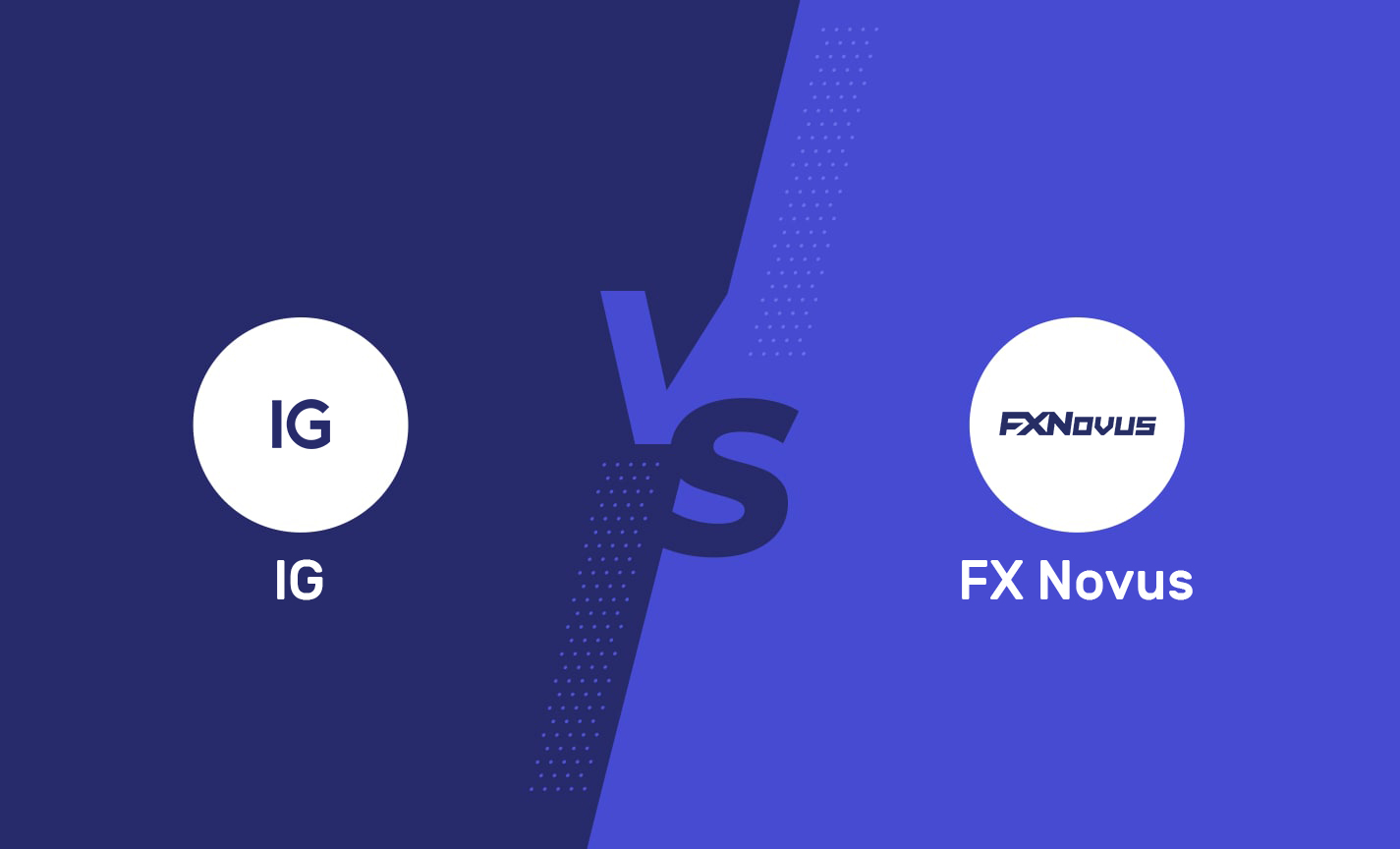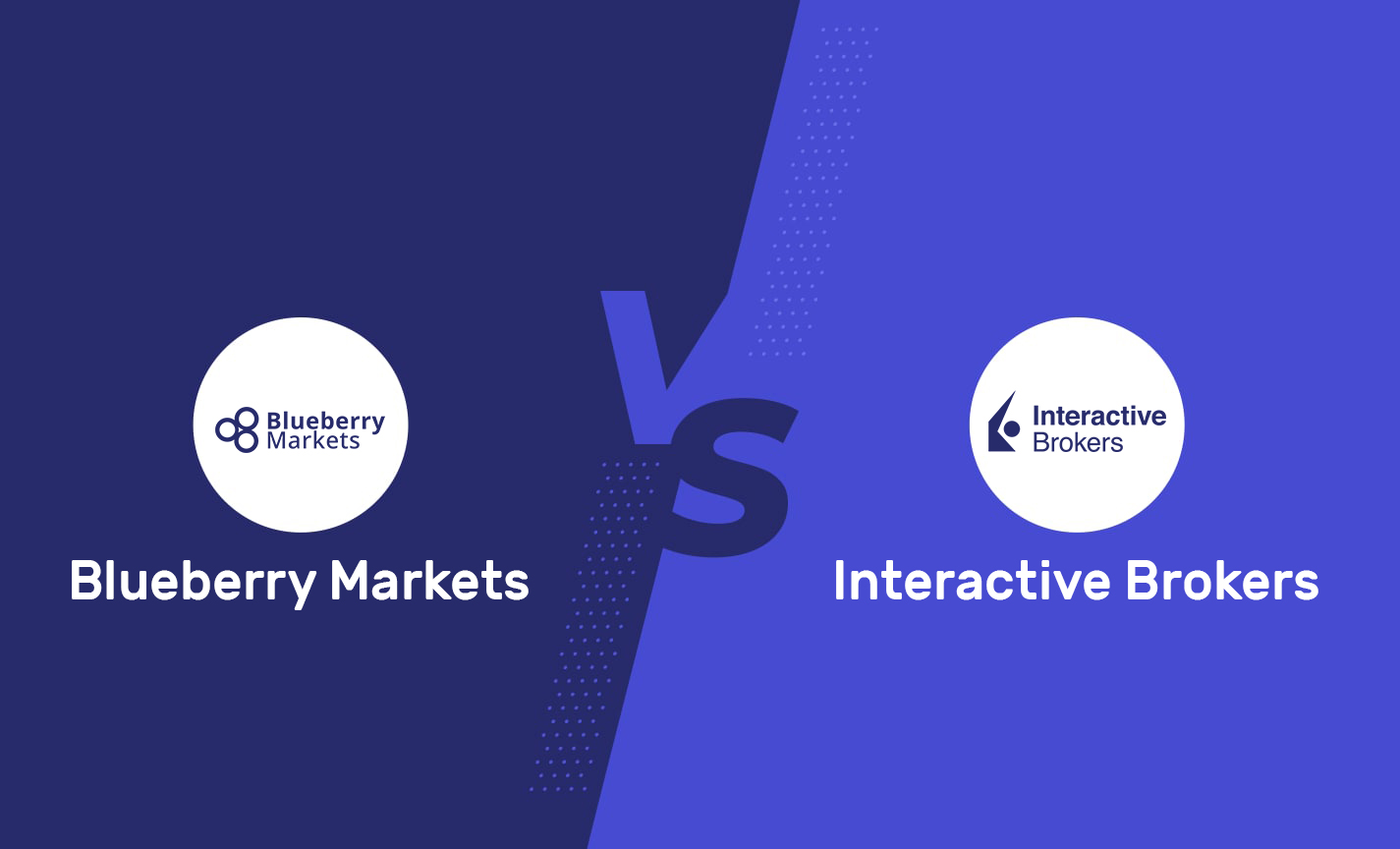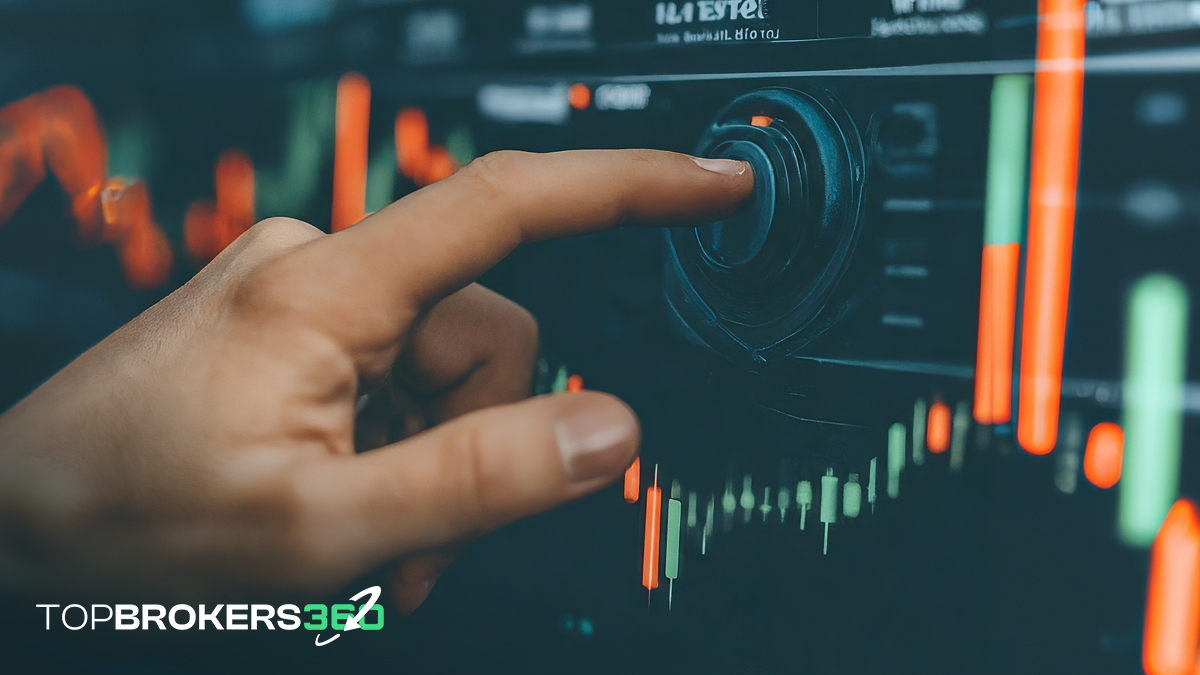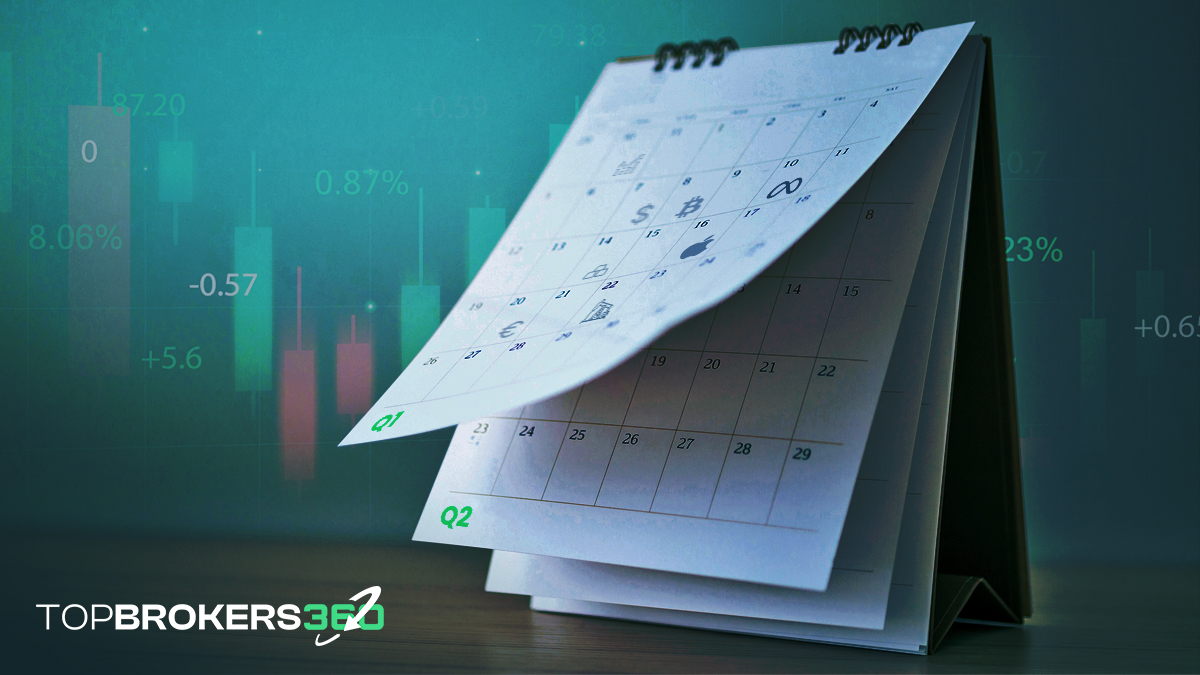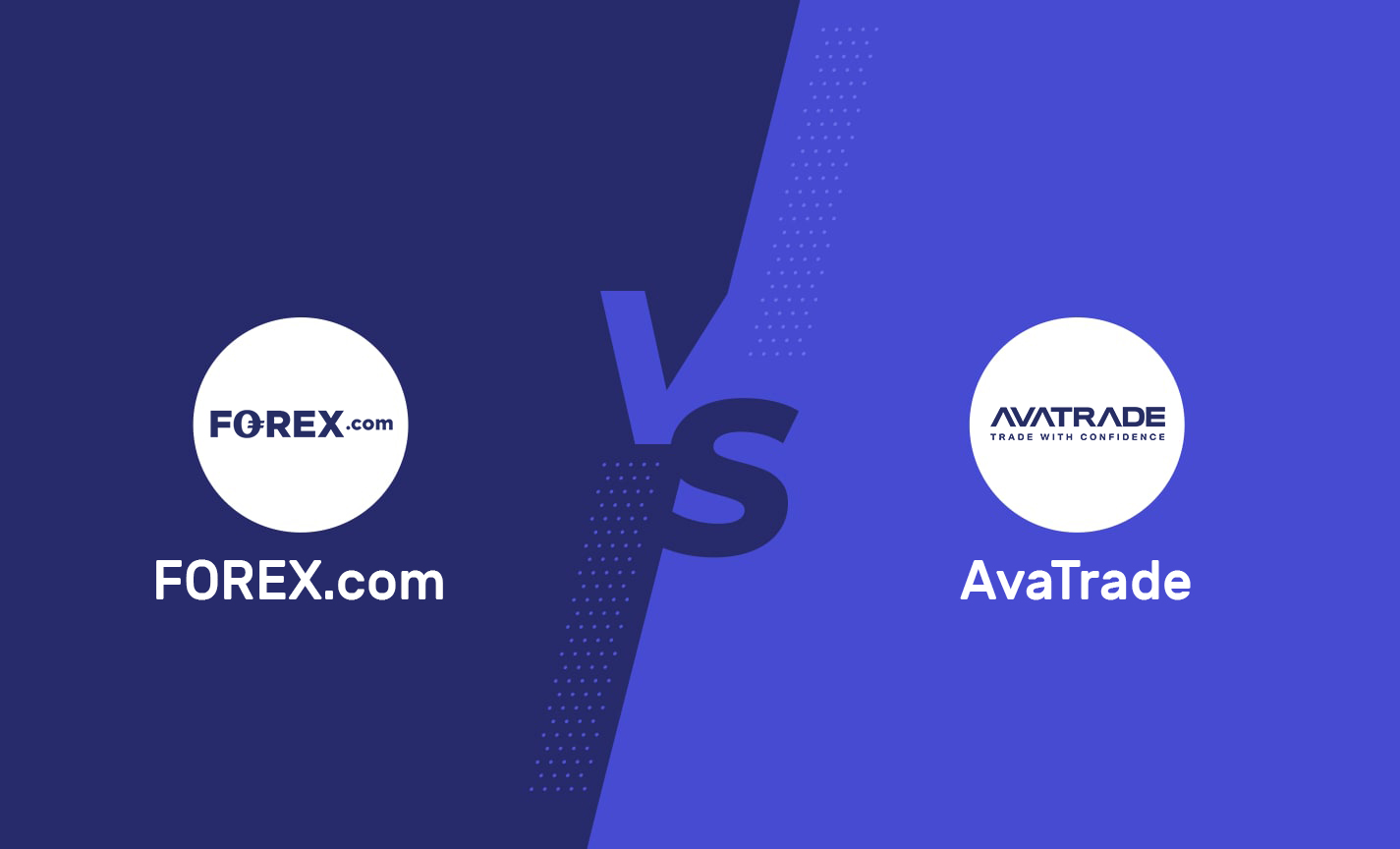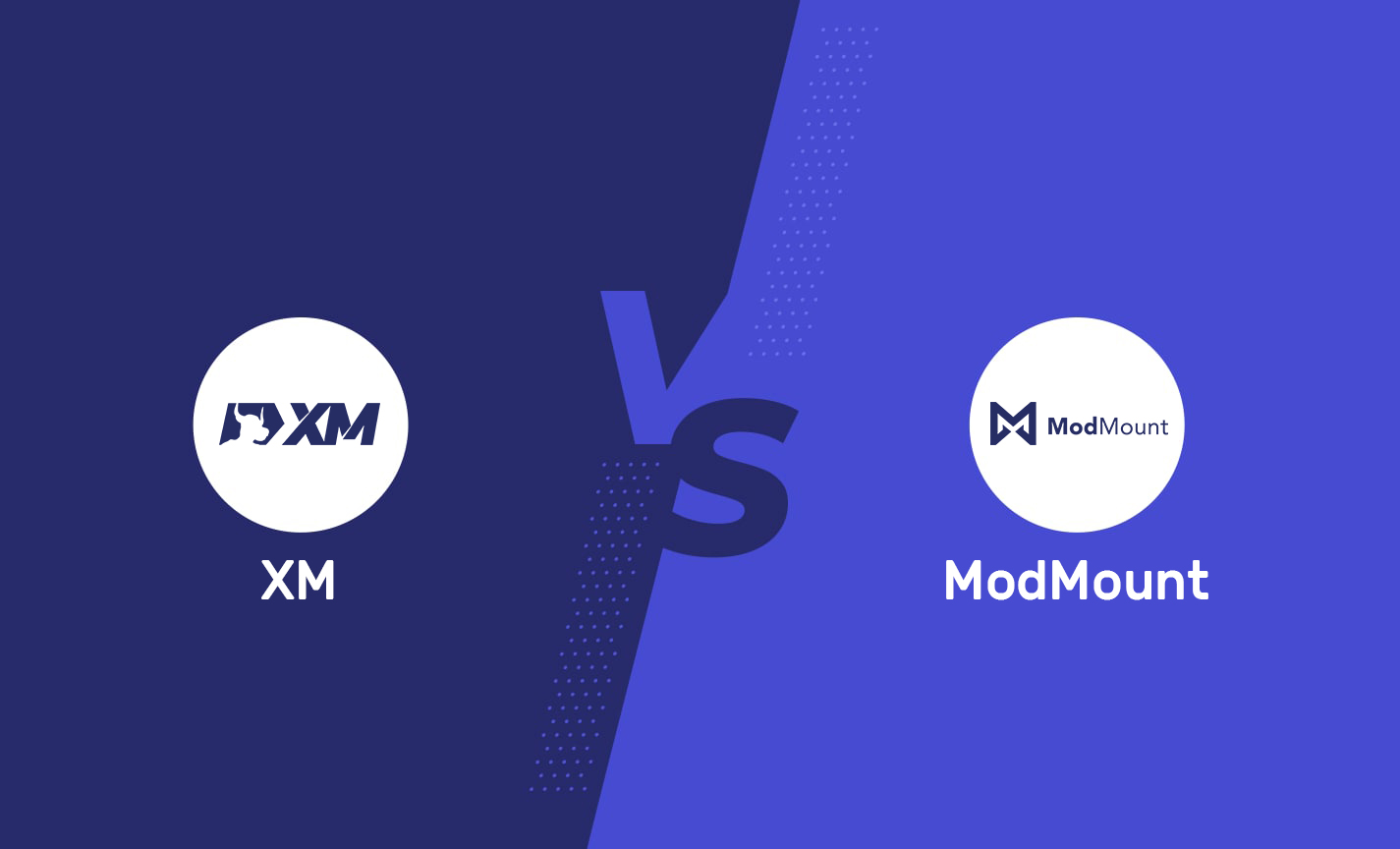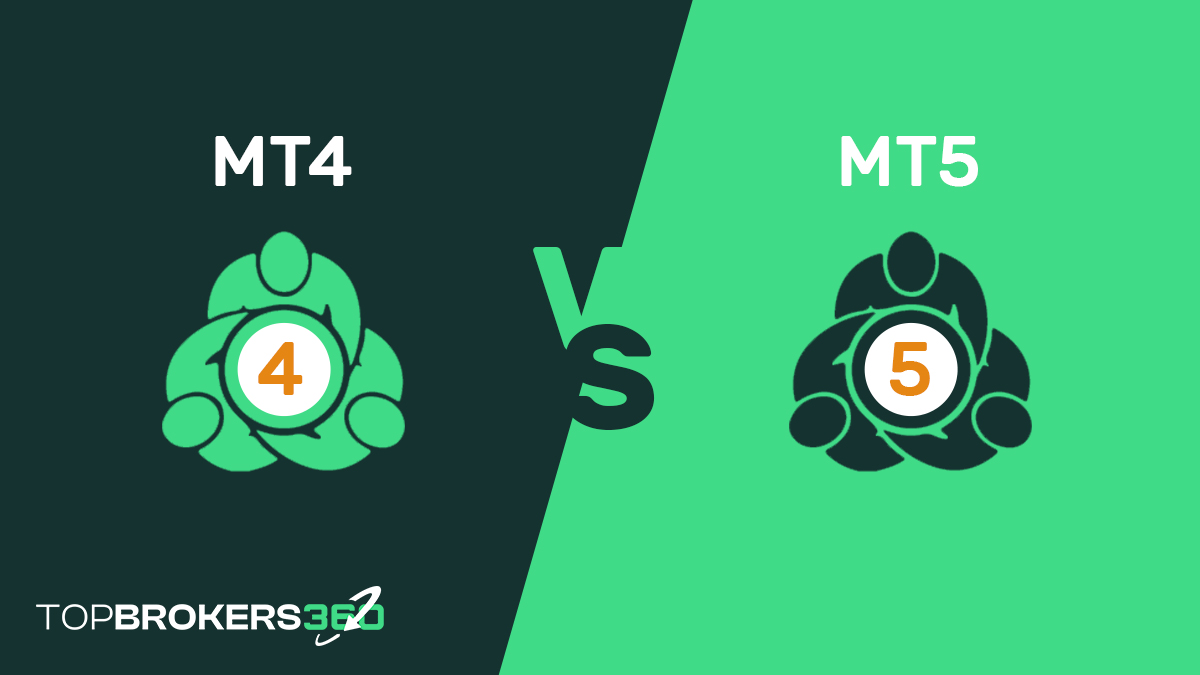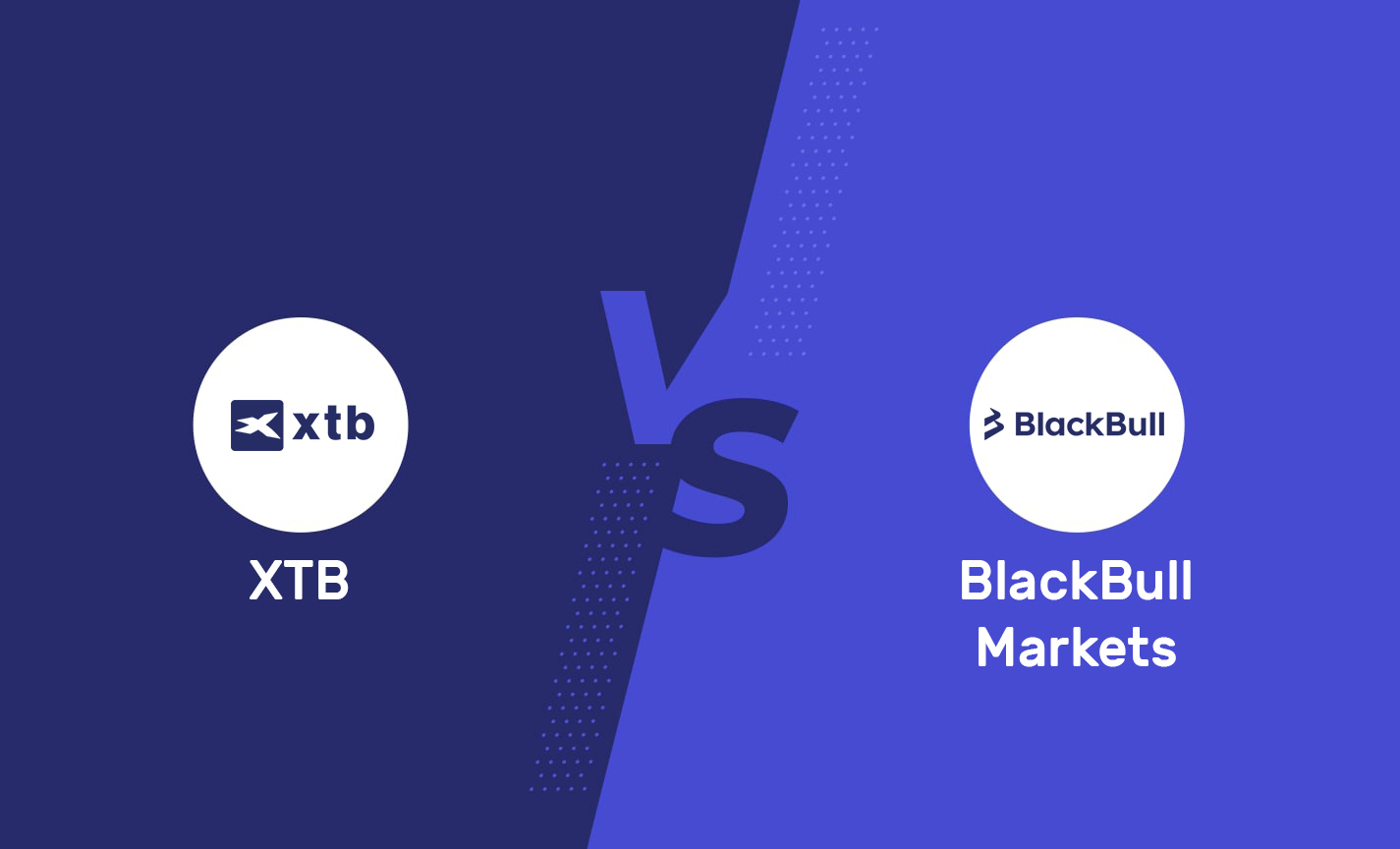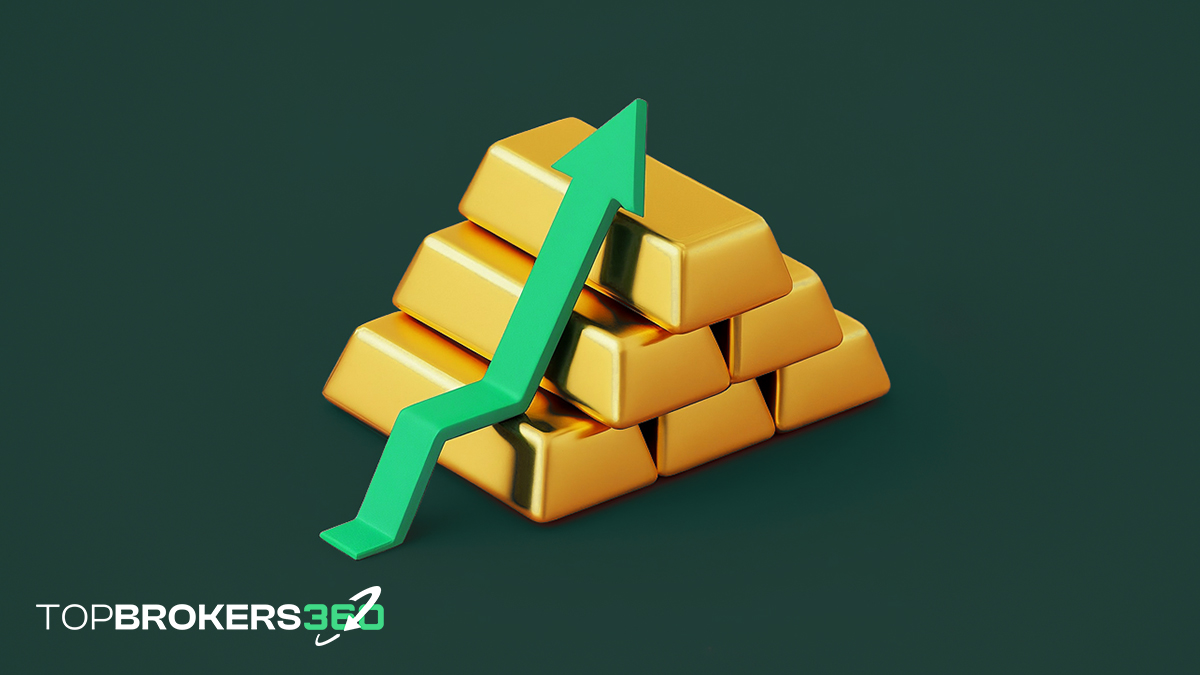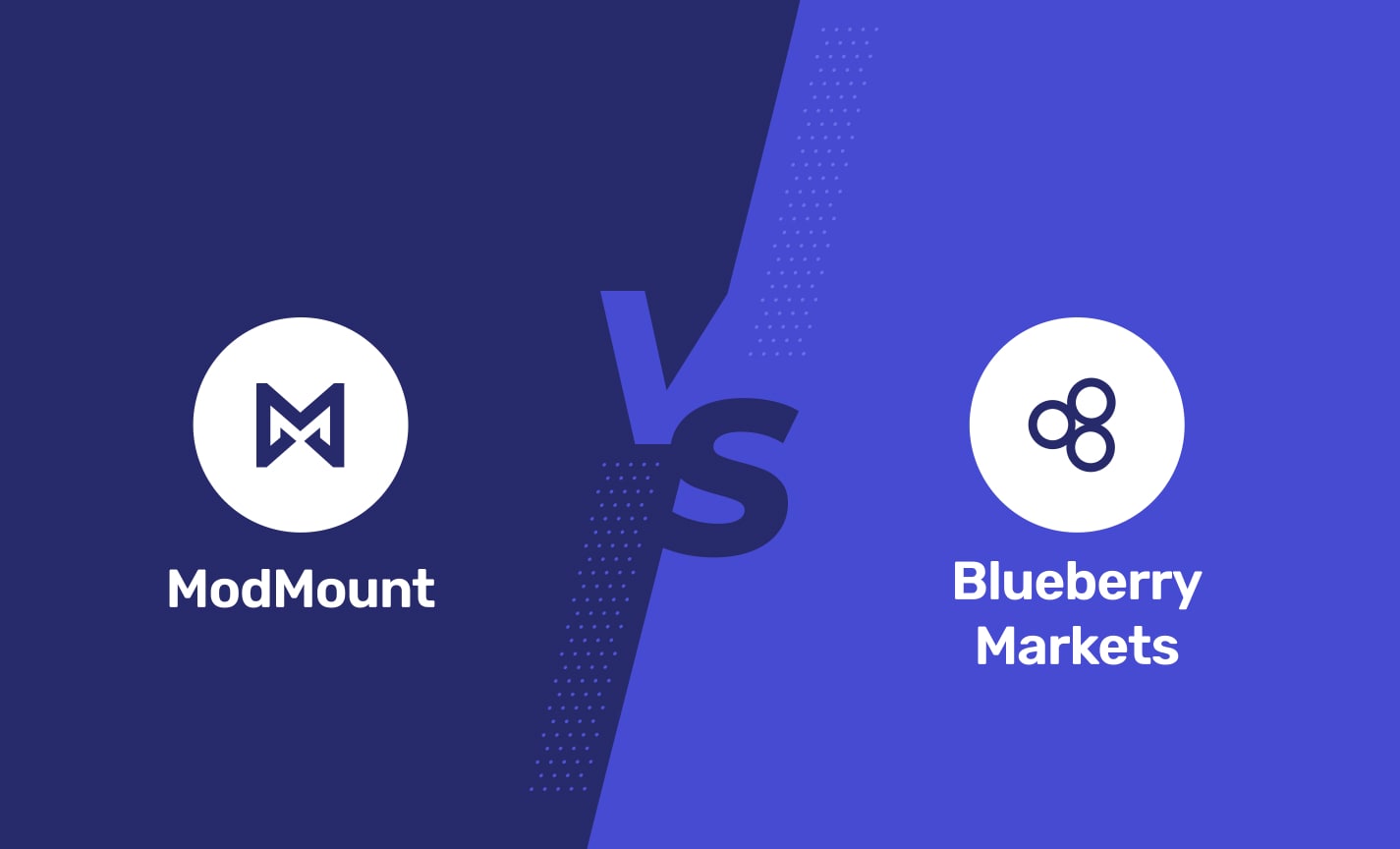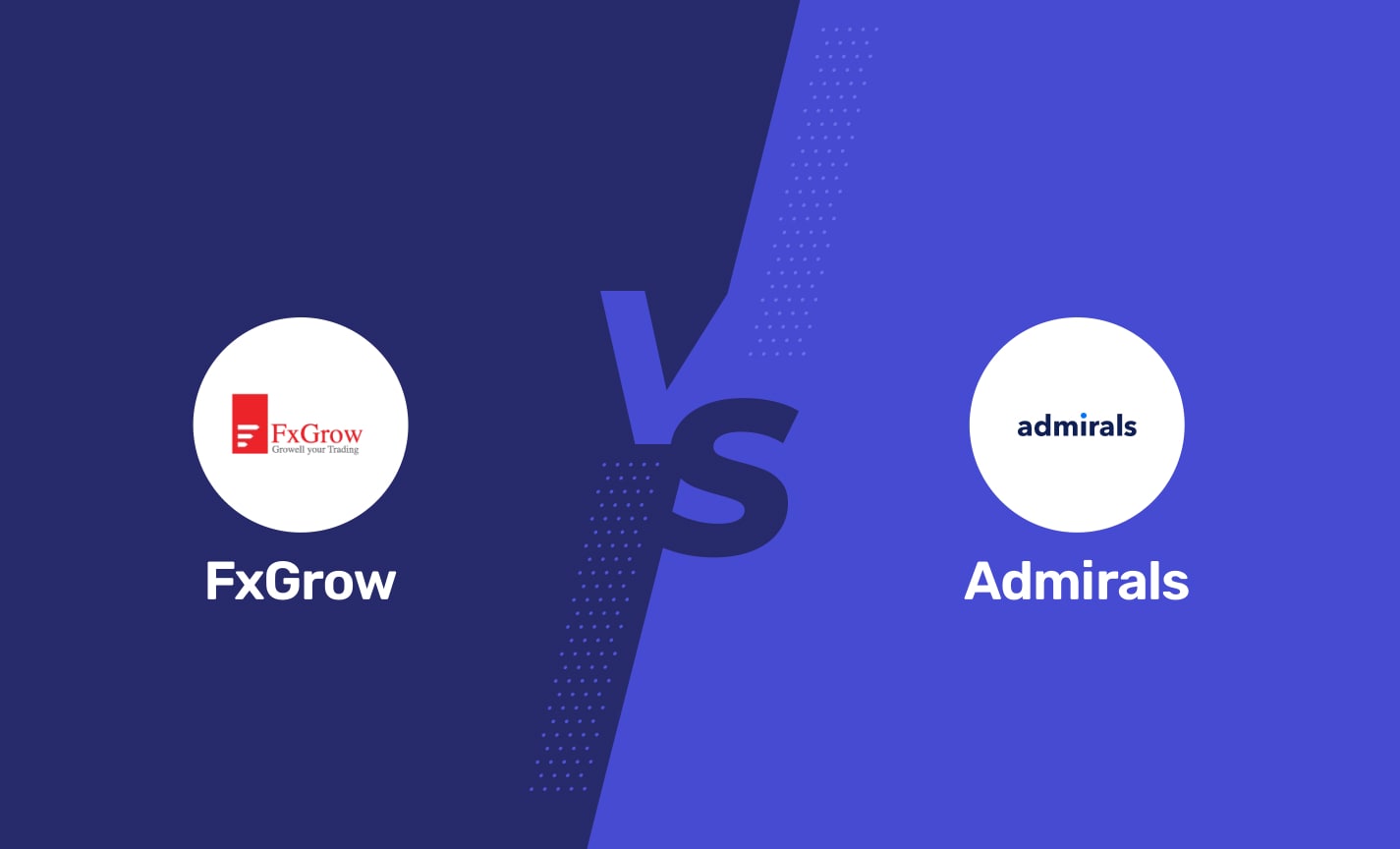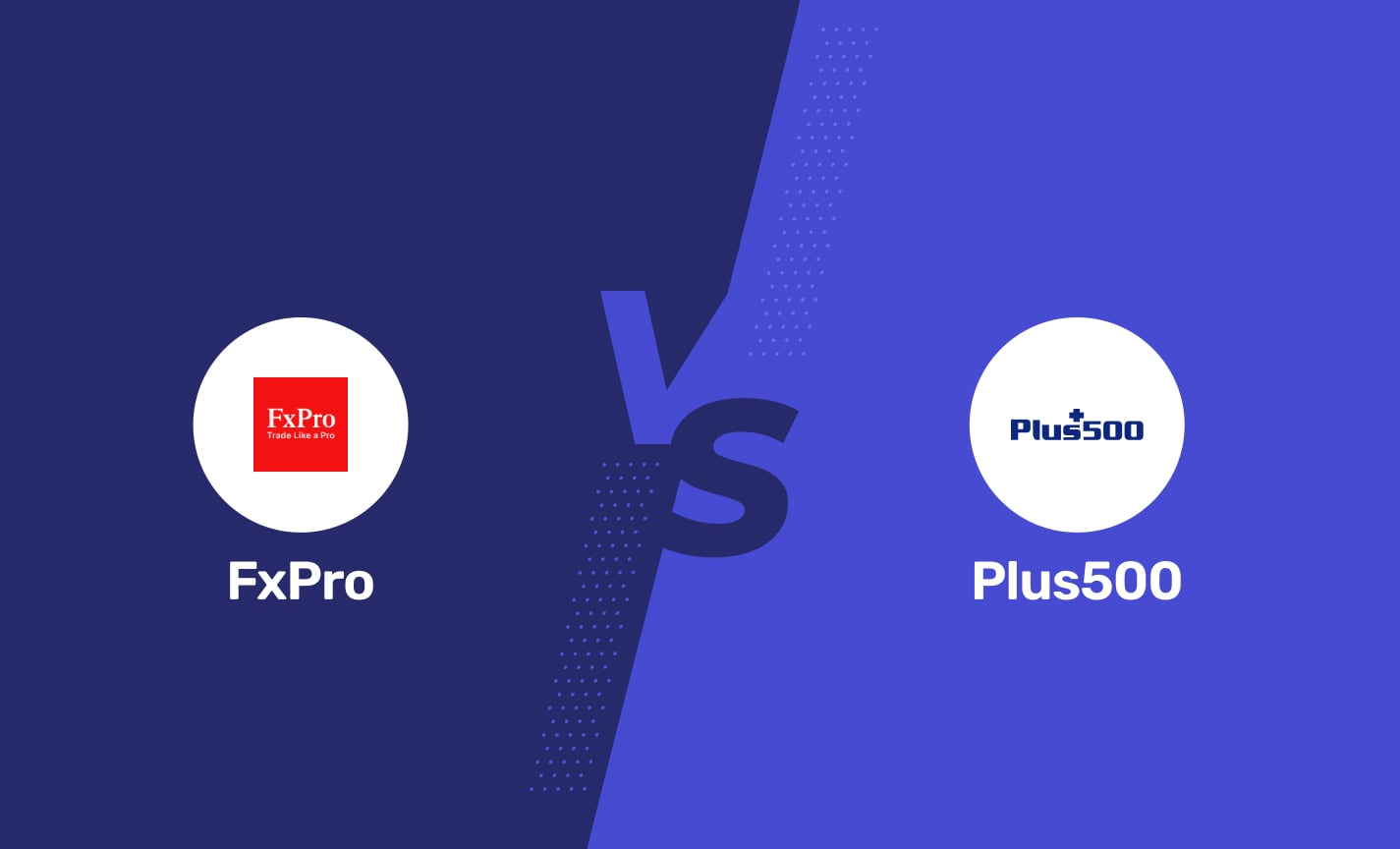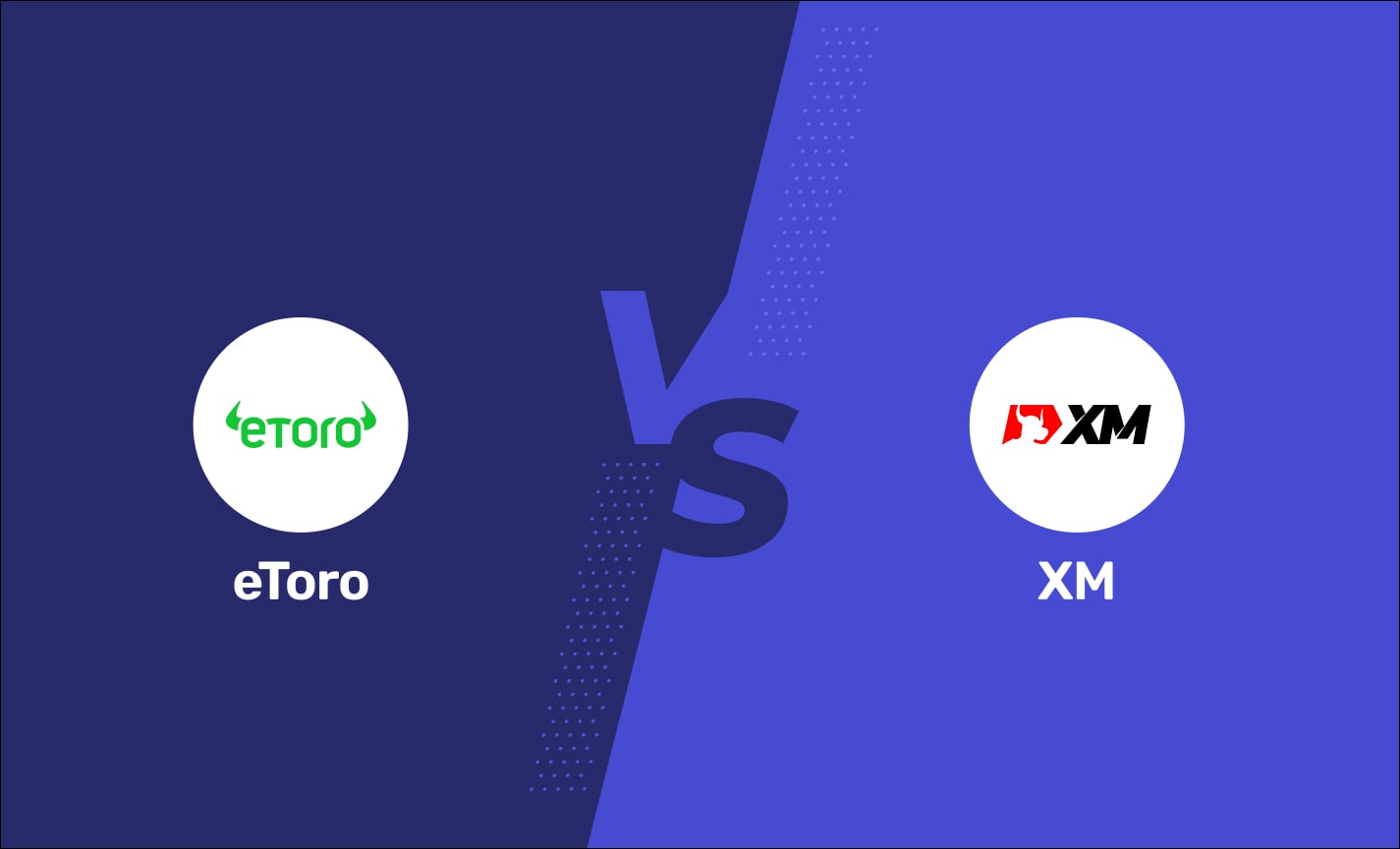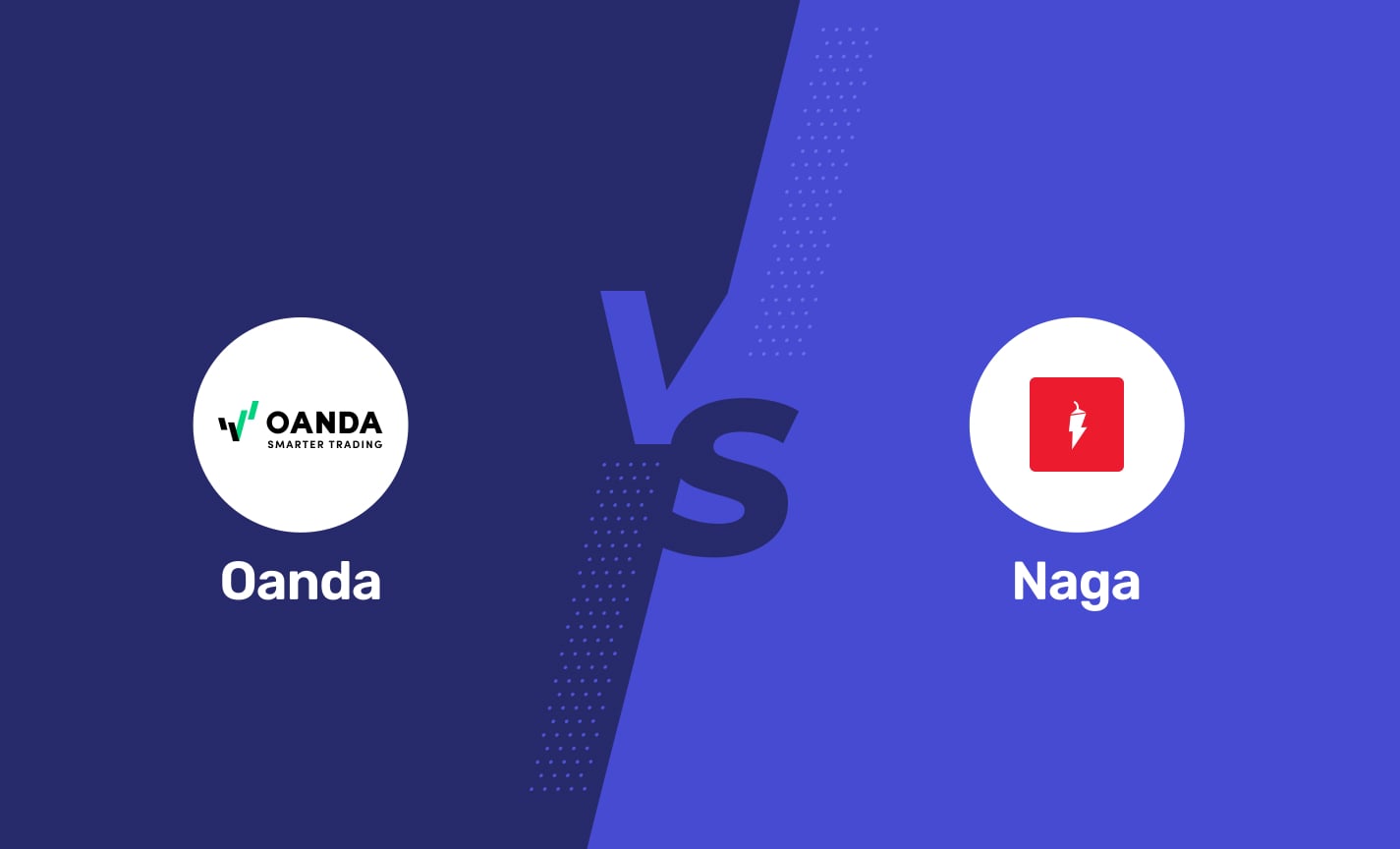
What is a Demo Trading Account?
A demo trading account is like a practice space for traders. It lets you trade in the forex market using virtual money instead of real cash. This means you can try out different trading strategies and learn the ropes without any risk.Setting Up Your Demo Account
Choosing a Broker
When starting with a demo trading account, picking the right broker is crucial. A good broker not only affects how well you can practice your trading skills but also plays a vital role in your experience and success in real trading later.- Reputation: Choose brokers known for their reliability and positive user feedback.
- Features: Ensure they offer advanced tools and a user-friendly platform.
- Support: Strong customer service is essential for help when you need it.
Opening Your Demo Account
Setting up a demo account is straightforward and can be a great first step.- Visit the Broker’s Website: Find the official site of a trusted broker.
- Sign-Up Form: Complete the registration form with your details.
- Account Configuration: Customize your account settings to match your trading style.
- Start Trading: With your account ready, begin exploring the trading world with zero risk.
Essential Features in a Demo Account
| Feature | Description |
| Real-time Data | Access to current market data to simulate live trading. |
| Educational Tools | Includes tutorials, webinars, and guides to boost your skills. |
| No Time Limit | Unlimited access to practice trading at your own pace. |
Effective Strategies for Demo Trading
Testing Trading Strategies
A demo account is your playground for testing various trading strategies without the risk. Experiment with different approaches to see what works best for you:- Scalping: Try out quick, small trades to capitalize on minor market movements.
- Day Trading: Practice opening and closing positions within the same trading day to avoid overnight market changes.
- Swing Trading: Explore longer-term trades that capitalize on larger market shifts over several days or weeks.

Image Source: Legit brokers like ModMount have a Demo Account allowing traders to practice before trading real funds.
Risk Management
Learning to manage risk is critical in trading. Use your demo account to master these techniques:- Stop-Loss Orders: Set stop-loss orders to automatically close a trade at a predetermined level to limit potential losses.
- Position Sizing: Practice sizing your trades to manage exposure to any single investment.
- Diversification: Try spreading your trades across different markets and instruments to reduce risk.
Tips for Maximizing Your Demo Account Experience
Utilization of Trading Tools
Demo accounts come packed with various trading tools that can significantly enhance your trading skills. Here’s how to make the most of these tools:- Technical Analysis Tools: Familiarize yourself with charts and indicators like moving averages and RSI. Learn how these tools can guide your trading decisions based on historical data.
- Fundamental Analysis Resources: Use the economic calendars and news feeds provided to understand how economic announcements influence market movements.
- Automated Trading Systems: Explore the capabilities of automated trading systems to understand how they can help manage trades more efficiently.

Simulating Real Market Conditions
To gain the most from a demo account, it is crucial to treat the trading as real as possible:- Treat Virtual Money Like Real Money: Approach your virtual balance with the same seriousness as you would real money. This mindset will help build good trading habits.
- Follow Your Trading Plan: Stick to your trading plan without emotional decisions, just as you would in real trading scenarios.
- Review and Reflect: Regularly review your trading activities and decisions to learn from successes and mistakes.
Transitioning to a Real Trading Account
Knowing When to Transition
Understanding the right time to move from a demo to a real trading account is crucial for a smooth transition. Here are some signs that you might be ready:
- Consistent Success: You've been making profits consistently in your demo account using varied strategies.
- Confidence in Trading: You feel confident in making trading decisions and managing risks without guidance.
- Understanding Market Conditions: You have a good grasp of market conditions and how they affect your trades.
Avoiding Common Mistakes
Transitioning to real trading can be challenging. Avoid these common pitfalls to ensure a better start:- Overleveraging: While leverage can increase profits, it can also amplify losses. Start with lower leverage to manage risk effectively.
- Ignoring Emotional Trading: Emotional decisions can lead to significant losses. Continue practicing discipline as you did with your demo account.
- Skipping a Trading Plan: Always have a clear trading plan. This is as crucial in real trading as it was during your practice sessions.
Take the First Step with a Demo Trading Account
Trading demo accounts are invaluable tools for traders of all levels, offering a risk-free environment to hone skills and test strategies. By choosing the right broker, utilizing trading tools effectively, and transitioning to a real trading account with caution, traders can set themselves up for success in the dynamic world of trading. Remember, consistent practice and continuous learning are key to mastering the art of trading.Frequently Asked Questions
1. What is the best demo trading site?
The best demo trading site depends on your individual trading preferences and needs. Consider factors such as user interface, available assets, educational resources, and customer support when choosing a demo trading site.
2. How to trade in a demo account?
To trade in a demo account, first, choose a reputable broker offering demo accounts. Then, sign up and log in to your demo account. Use the provided virtual funds to place trades, experiment with different strategies, and familiarize yourself with the trading platform.
3. Is a demo account real money?
No, a demo account uses virtual funds instead of real money. It provides a risk-free environment for traders to practice trading strategies and gain experience without risking their capital.
4. Is an MT4 demo account free?
Yes, most brokers offer the MetaTrader 4 (MT4) demo account for free. It allows traders to practice using the MT4 platform and explore its features without any financial commitment.
5. Can I withdraw money from my demo account?
No, you cannot withdraw money from a demo account because the funds in a demo account are virtual and not real. Demo accounts are designed solely for practice purposes and do not involve actual monetary transactions.
6. How long should I trade with a demo account?
There is no set timeframe for how long you should trade on a demo account. It varies depending on individual learning curves, trading goals, and proficiency levels. However, it's recommended to trade on a demo account until you feel confident in your trading strategy and consistently achieve profitable results. Some traders may transition to live trading sooner, while others may prefer to continue practicing until they feel fully prepared. The key is to trade with a demo account until you are comfortable and ready to handle real market conditions with confidence.
7. How do I open a demo trading account with a trusted broker?
To open a demo trading account, visit the website of a reputable broker, complete the registration process, and access your demo account with virtual funds.
8. Are there any fees associated with using a forex demo account?
No, forex demo accounts are typically free of charge and offer access to real-time market data and trading features without any cost.
9. What are the advantages of practicing with a demo account before real trading?
Practicing with a demo account allows traders to gain experience, test strategies, familiarize themselves with trading platforms, and build confidence without risking real money. It's an essential step for beginners and experienced traders alike to refine their skills.
Education is key in trading! Find more articles to help you grow!











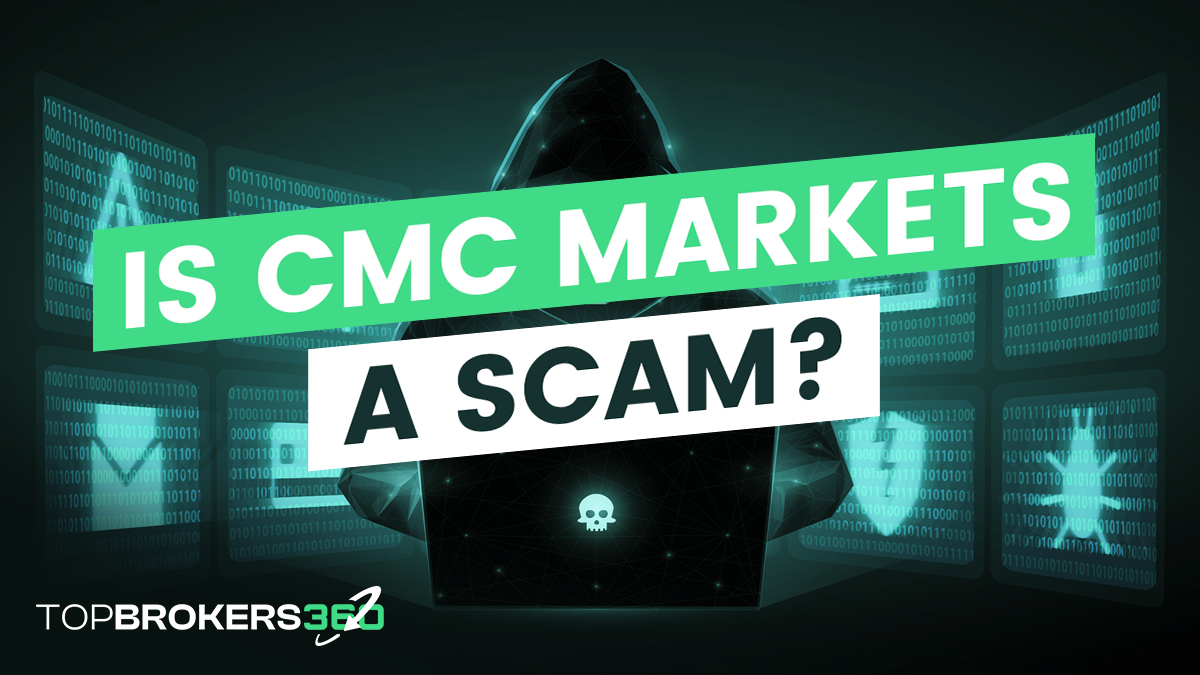
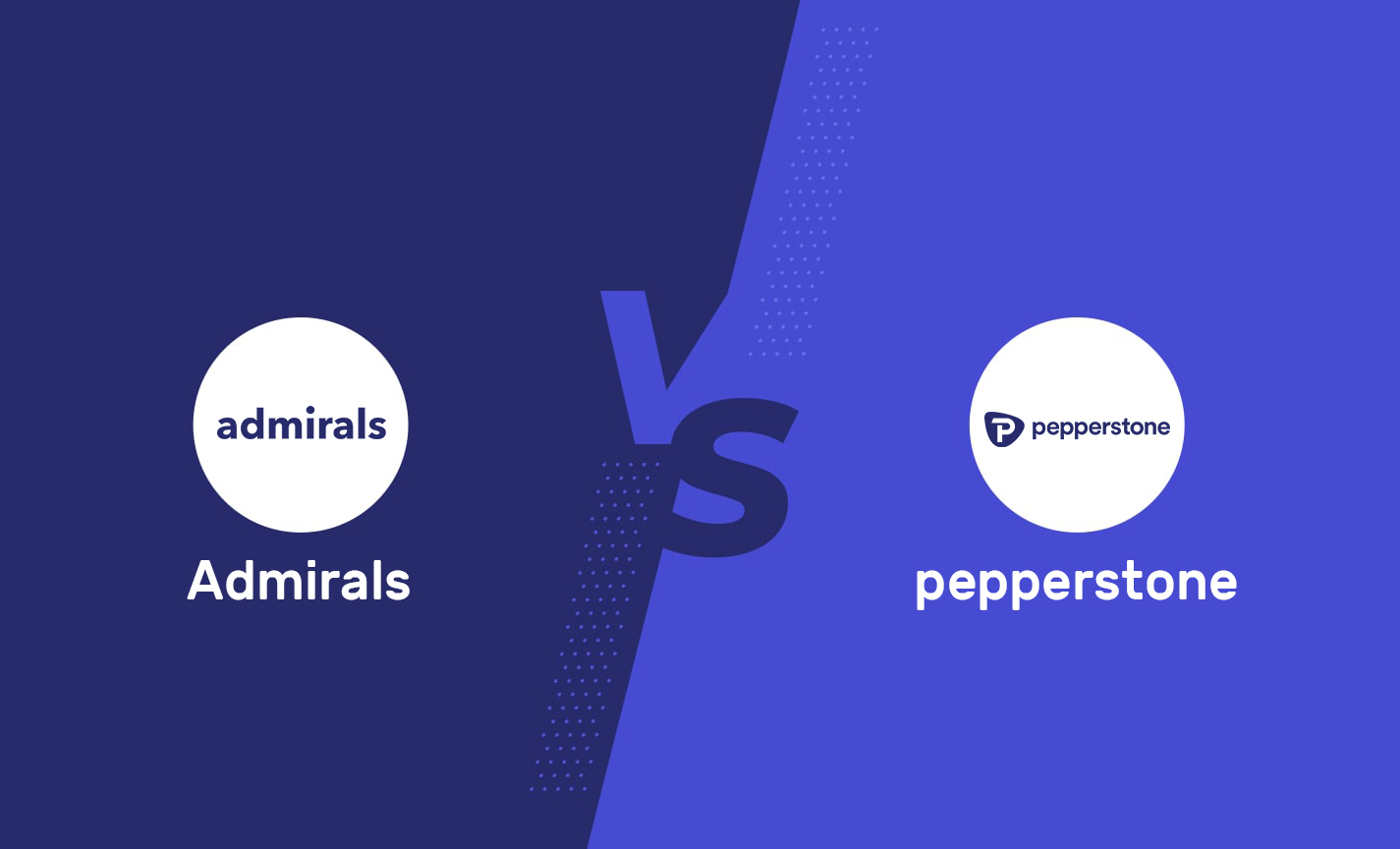
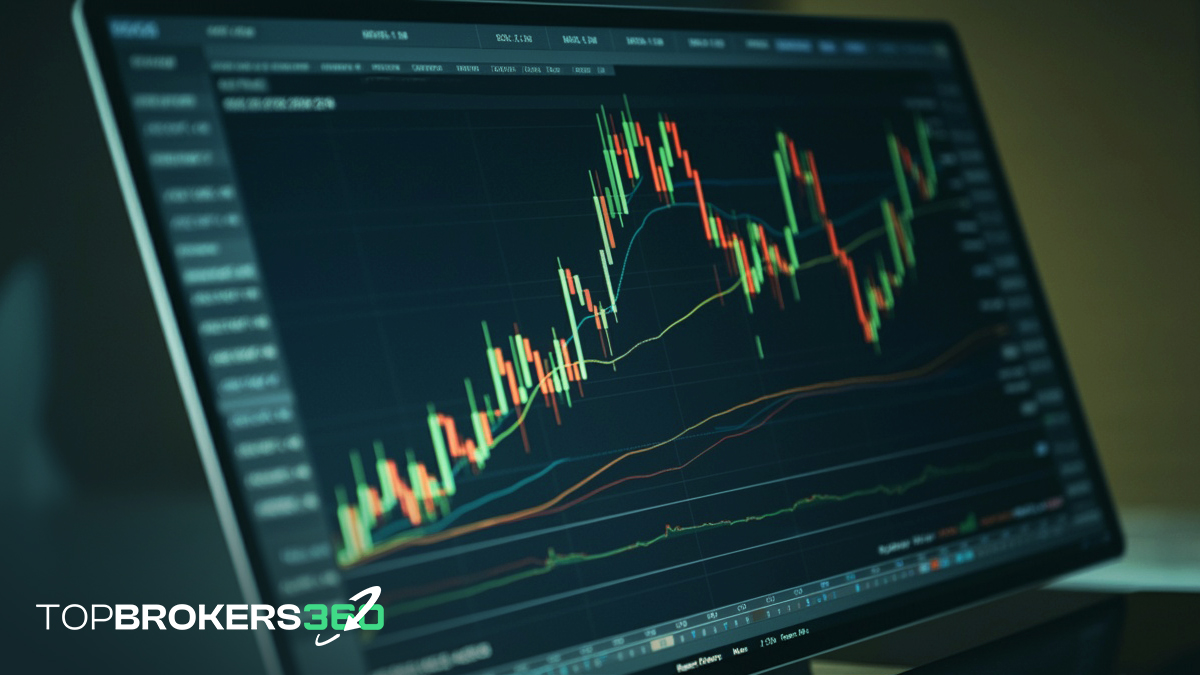
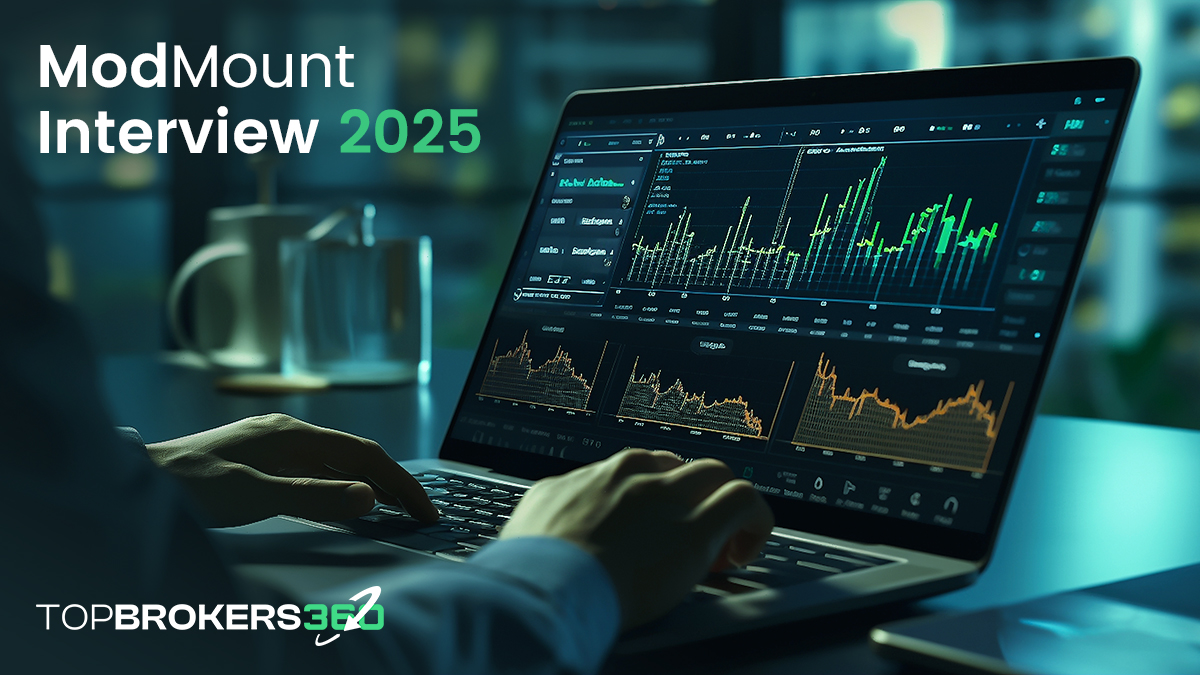

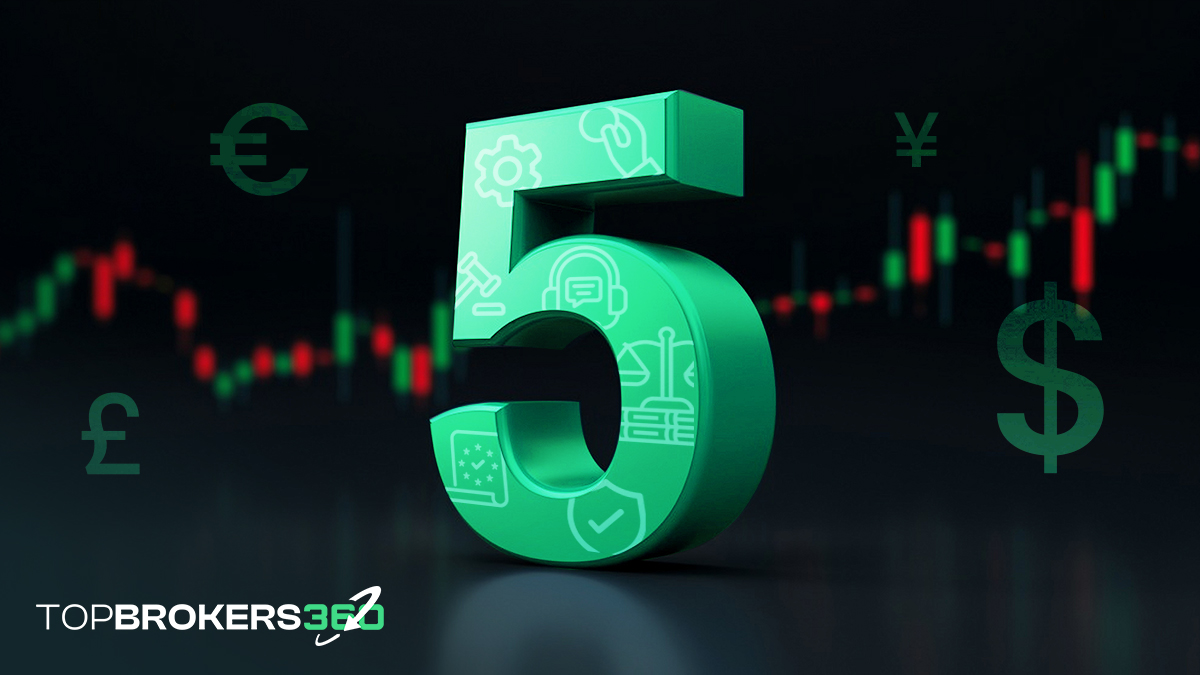
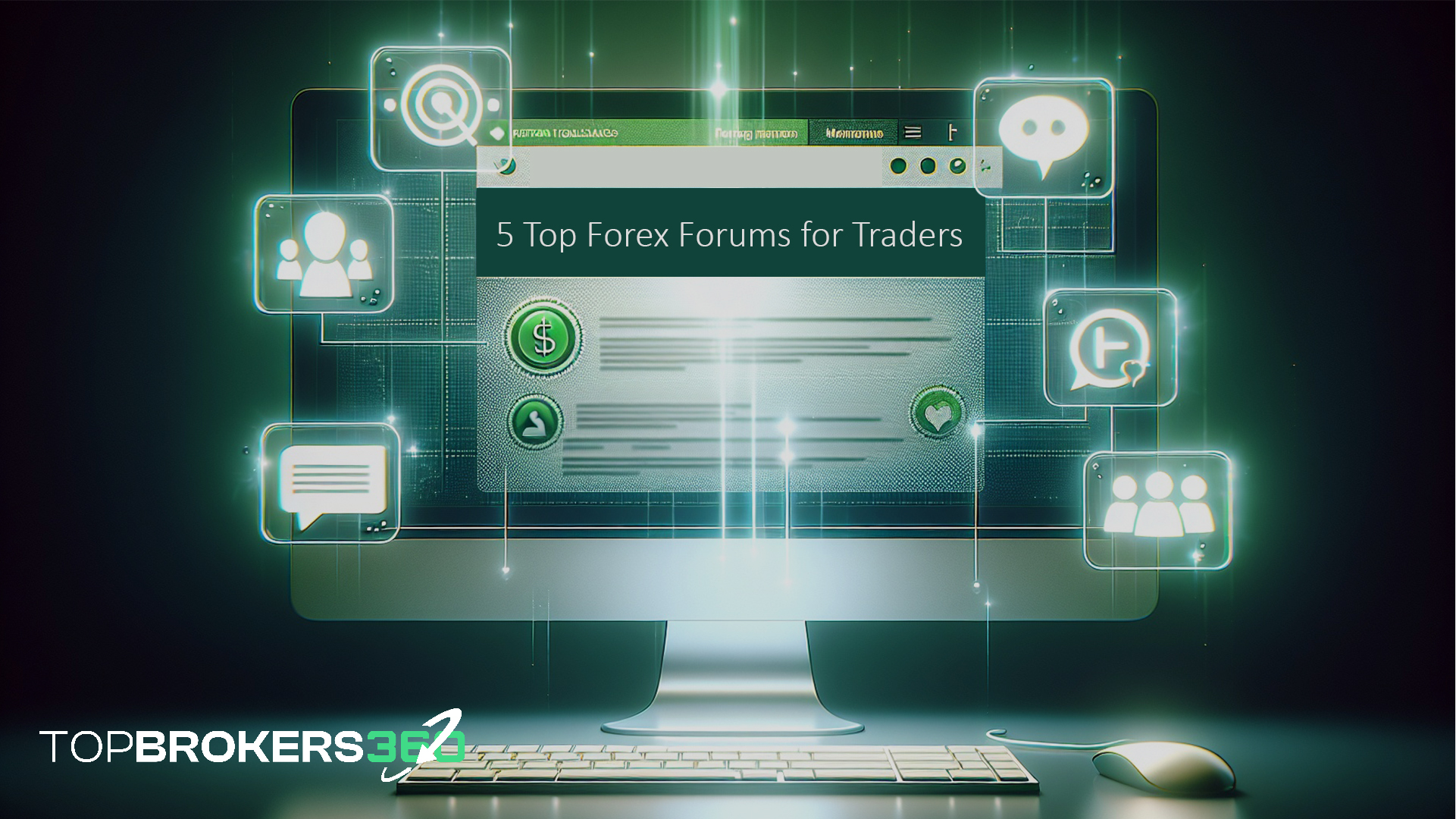
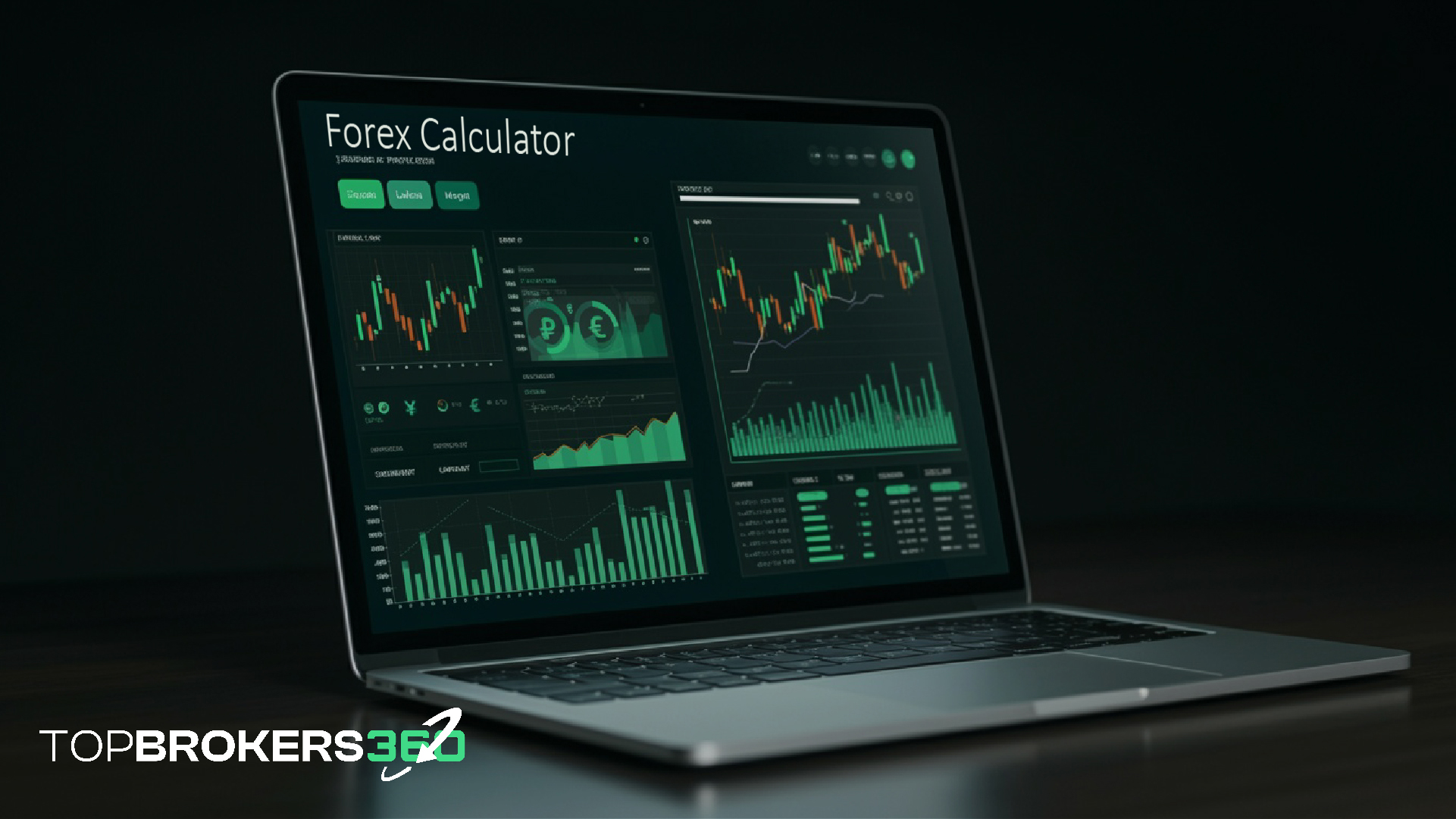


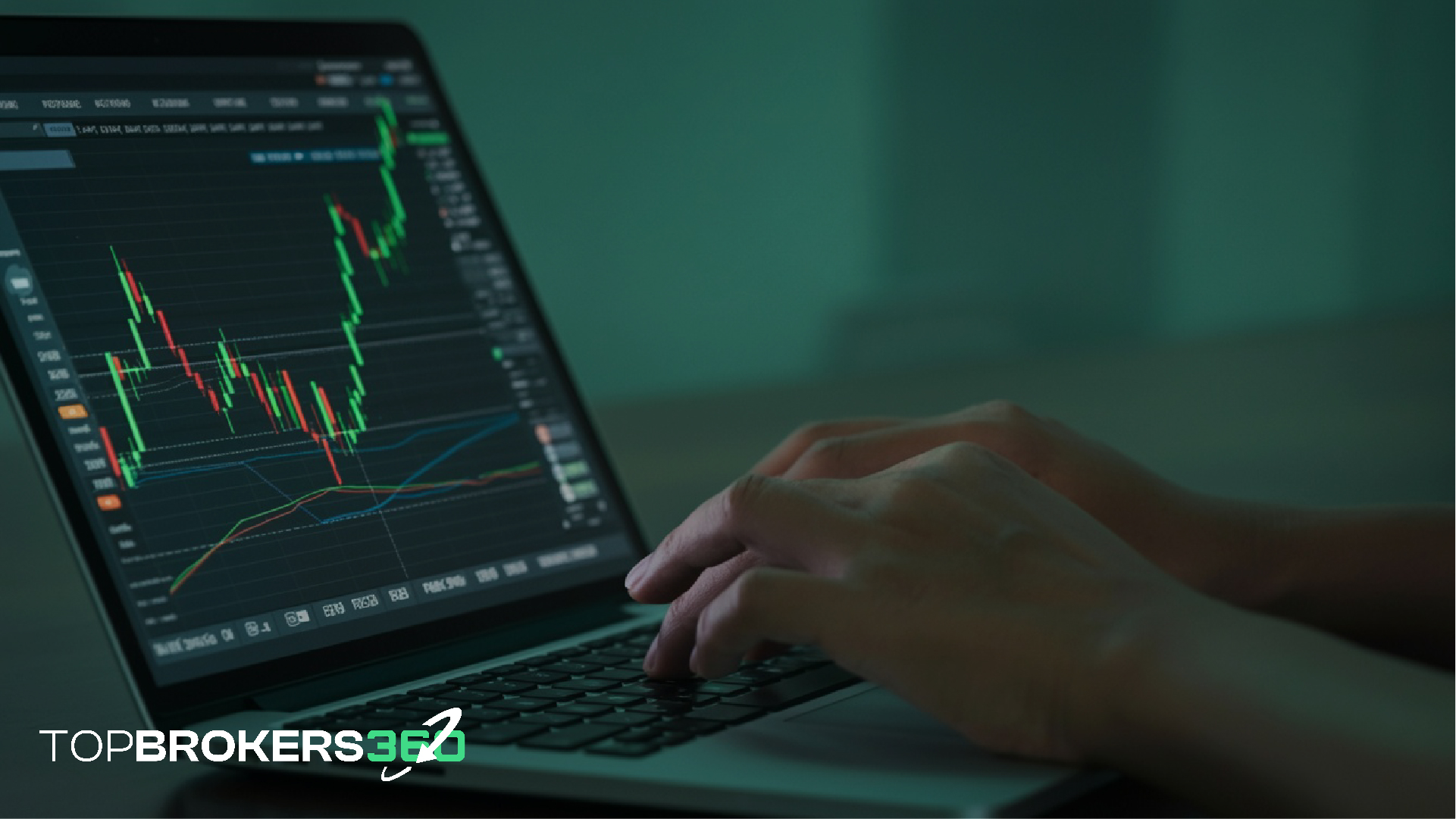

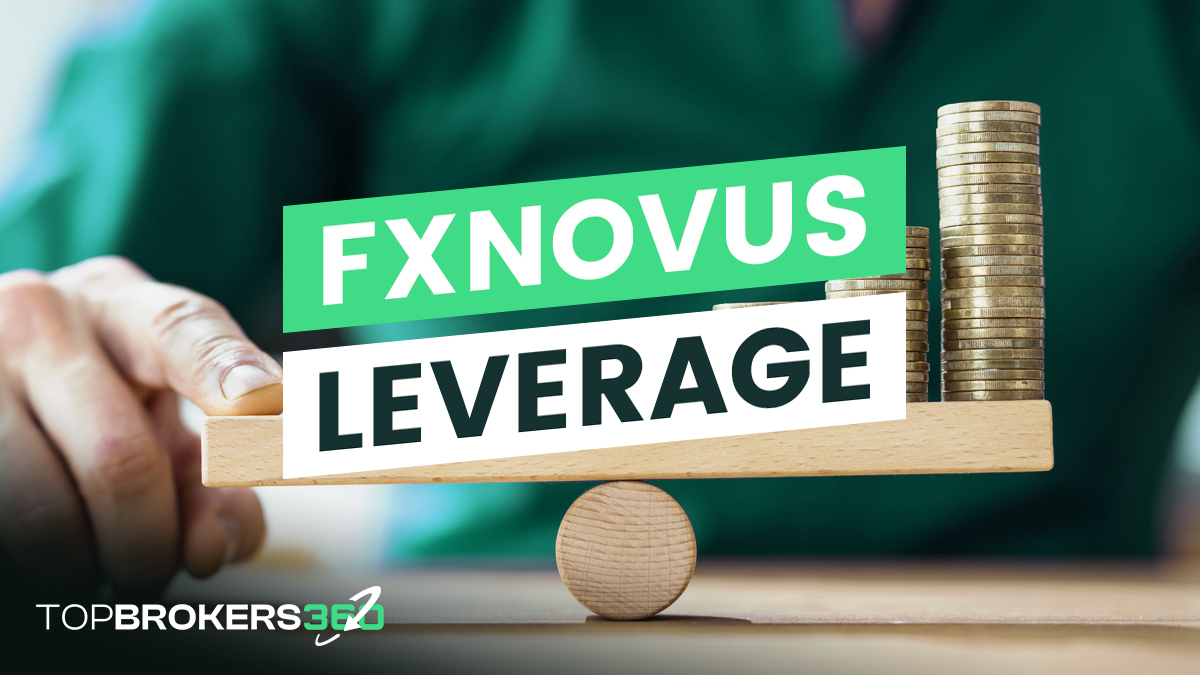
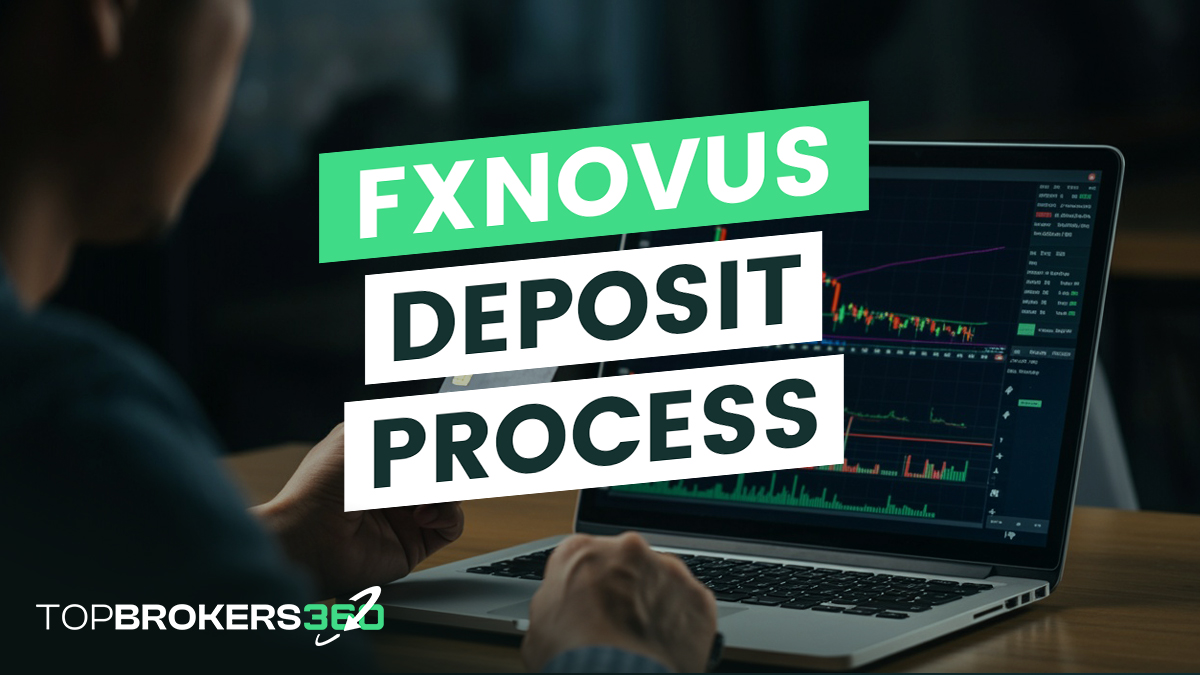
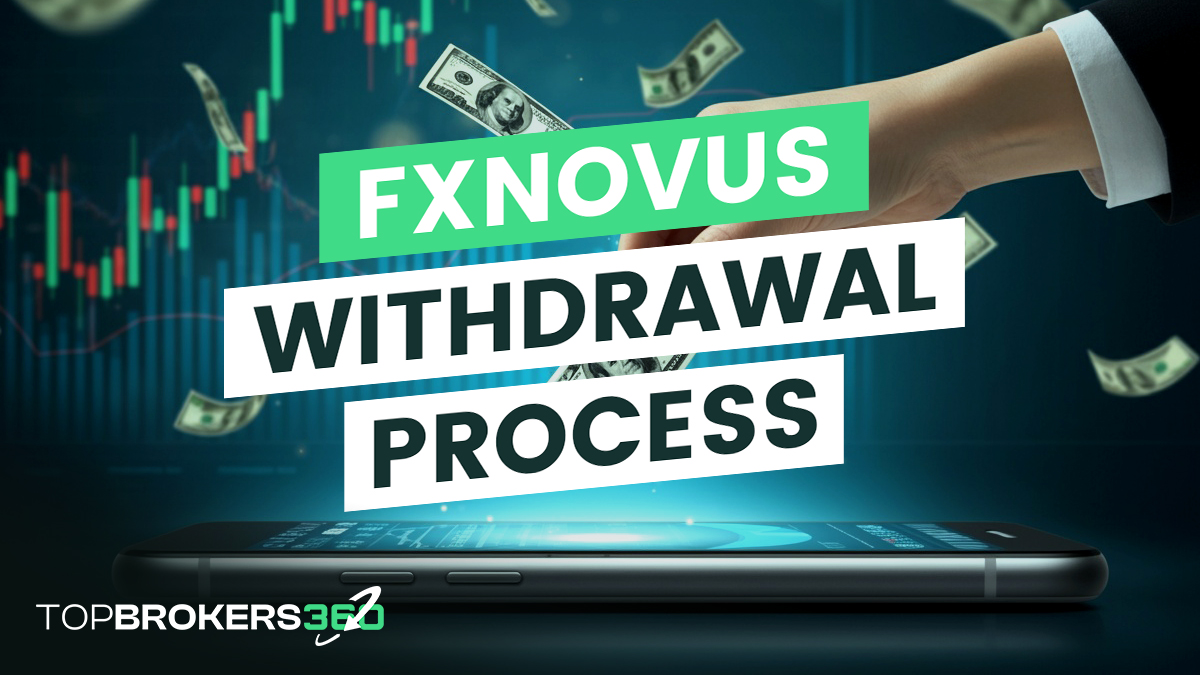
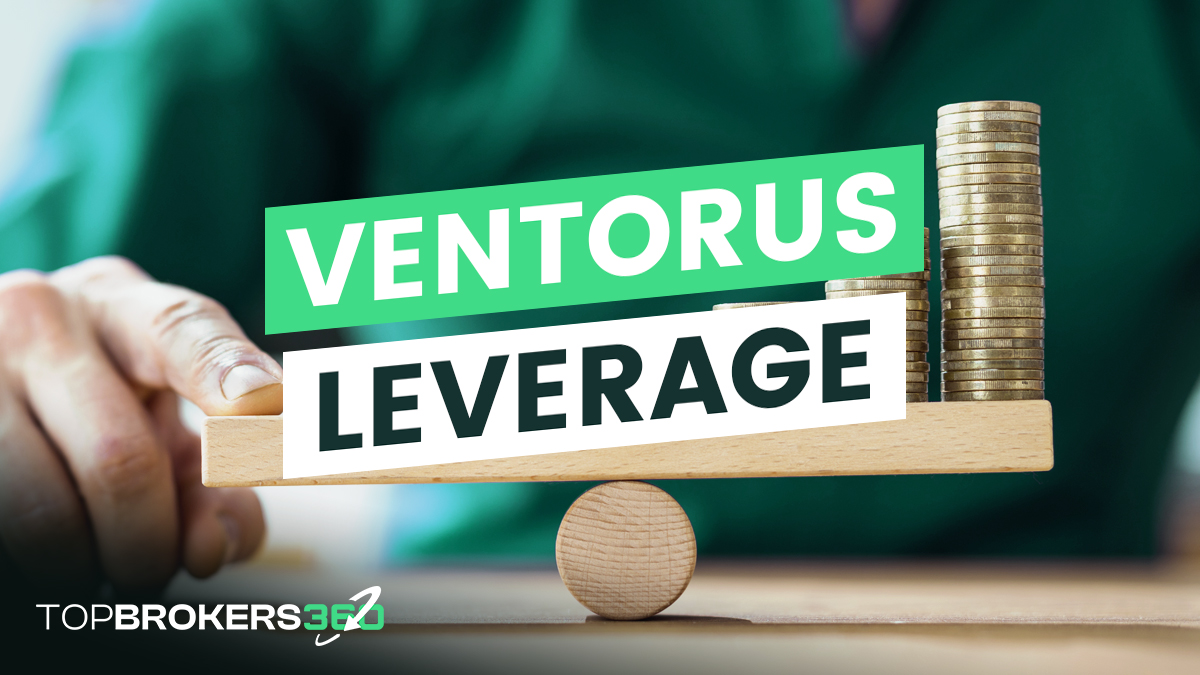

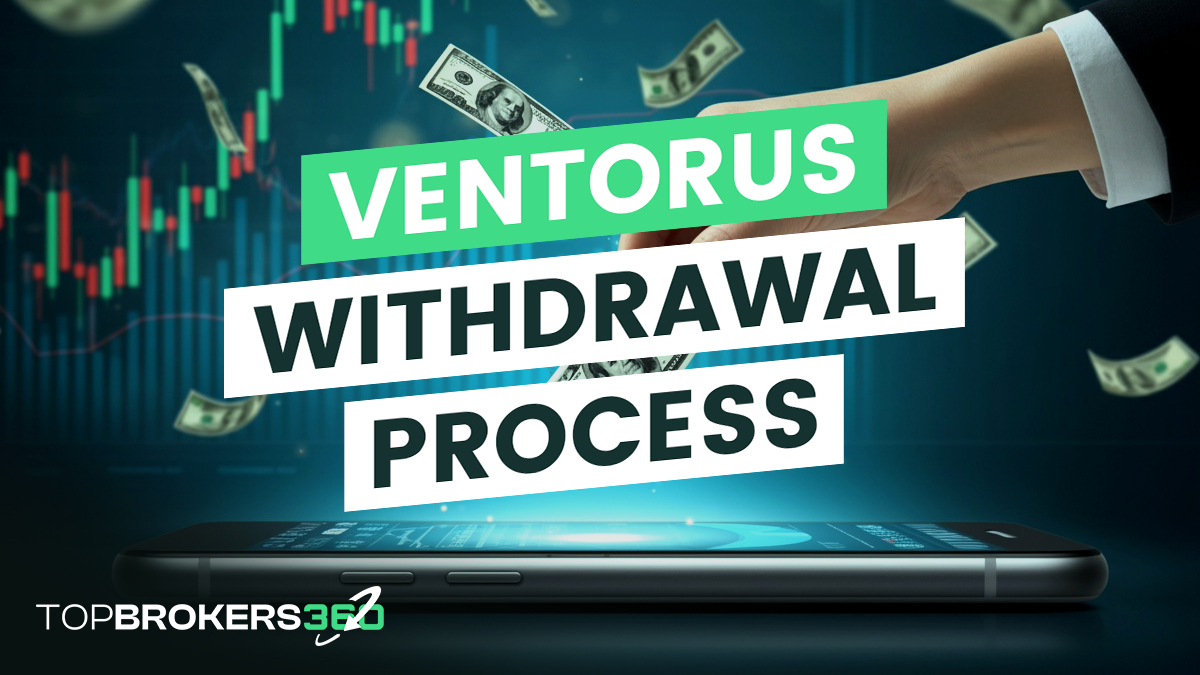
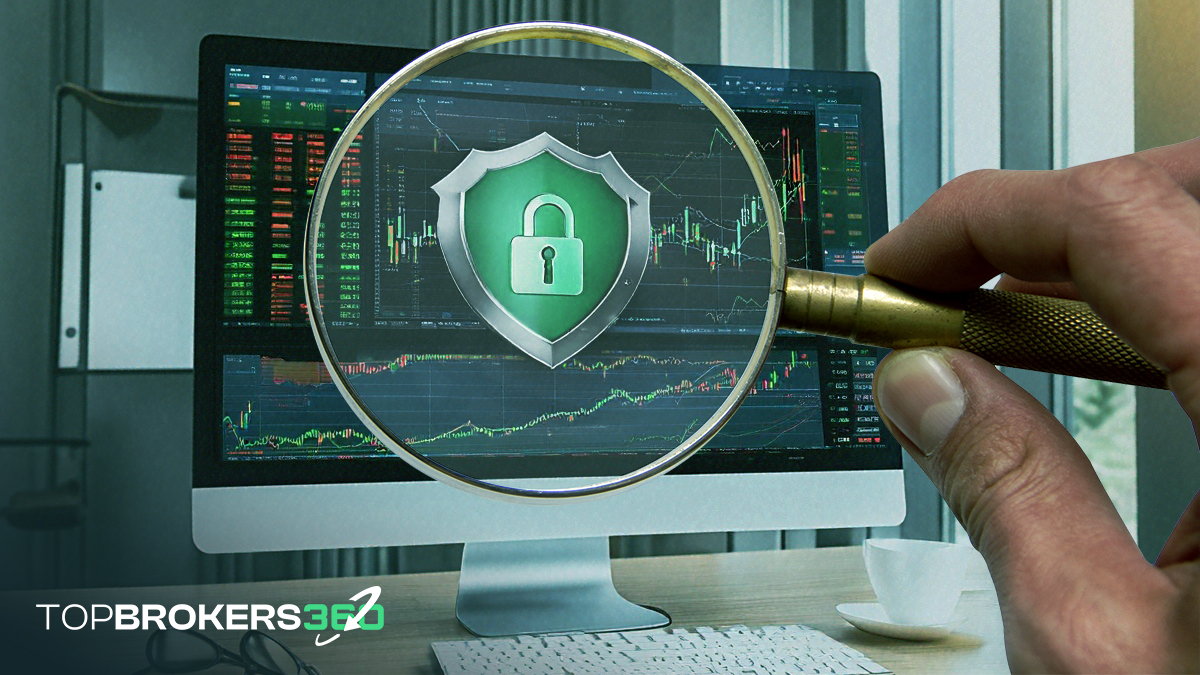
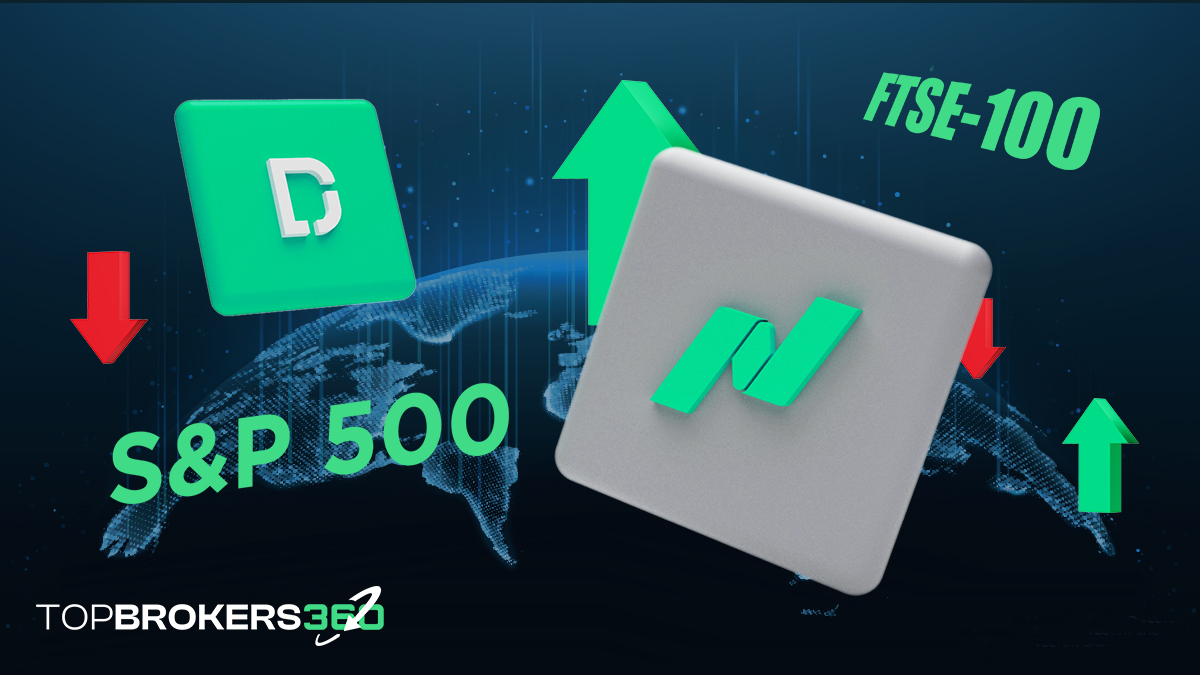




![Weekly Economic Overview [05.07.24]: S&P 500, NASDAQ, Tesla, and Apple](https://www.topbrokers360.com/wp-content/uploads/2024/07/Weekly_Update_Thumbnail_5.jpg)

![Weekly Economic Overview [28.06.24]: US Stock Market Trends, Inflation Insights, and NVIDIA Analysis](https://www.topbrokers360.com/wp-content/uploads/2024/06/Weekly_Update_Thumbnail_4.jpg)

